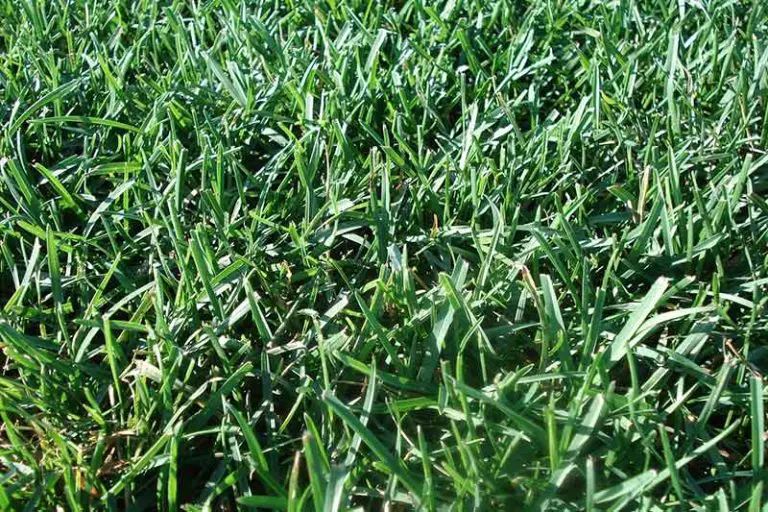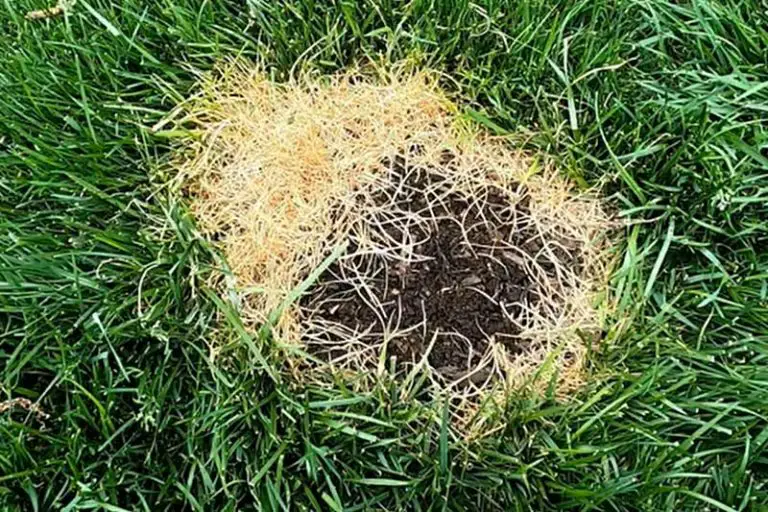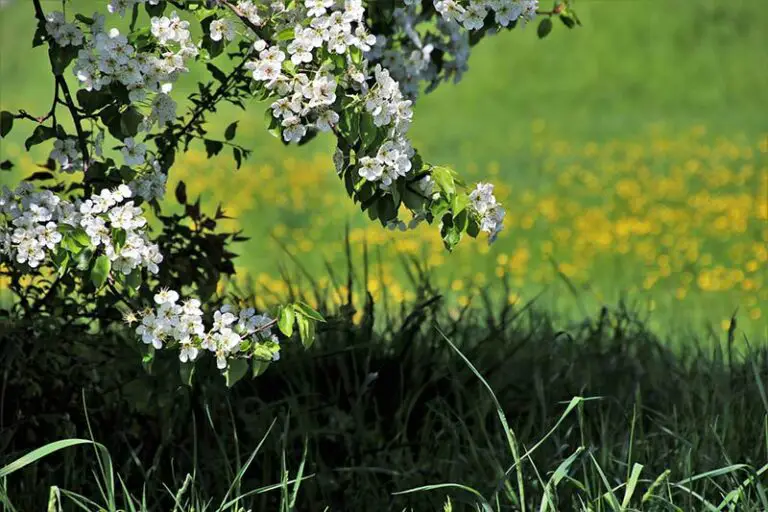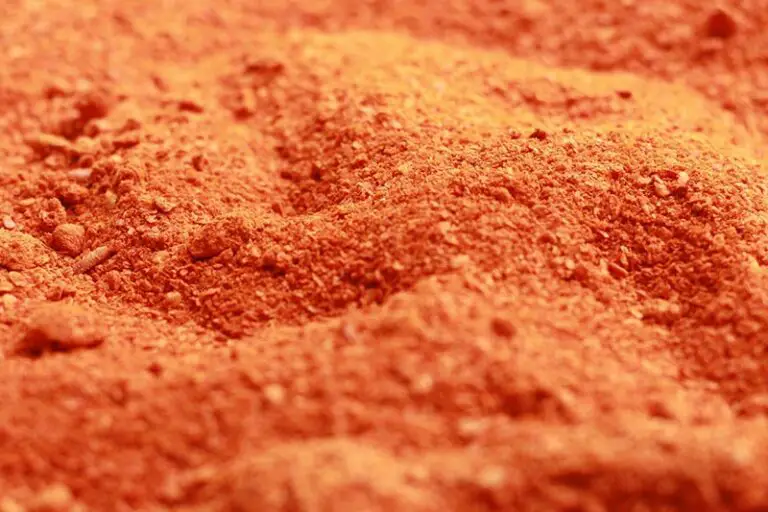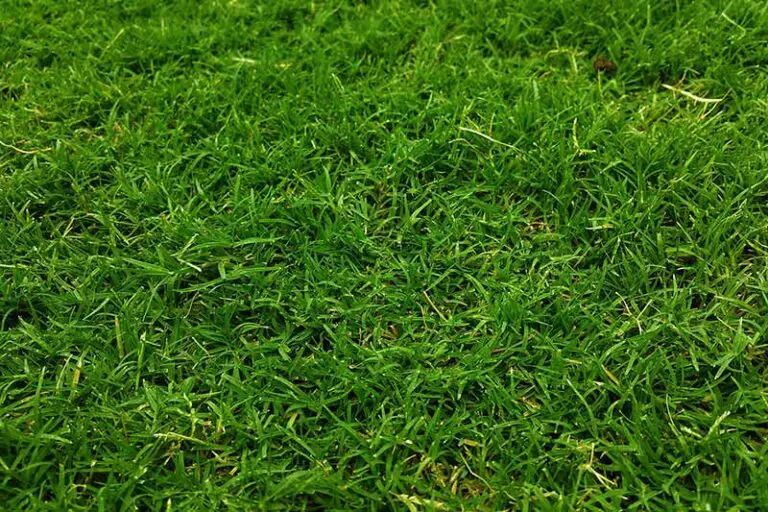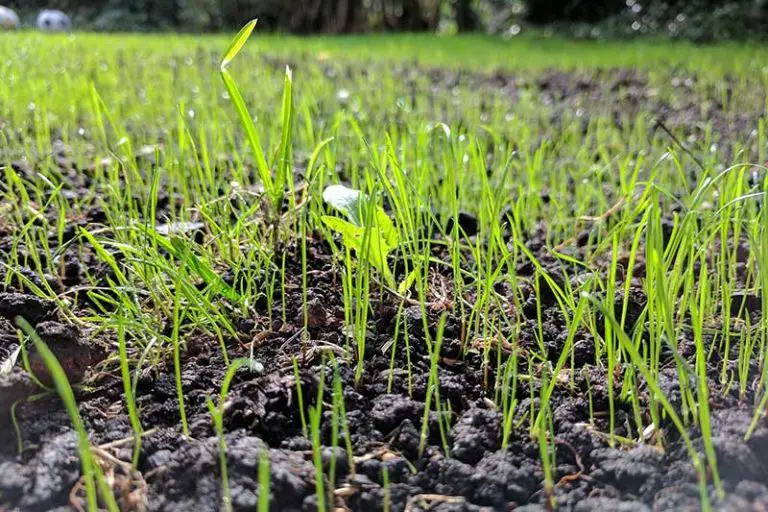Does Dish Soap Kill Grass?
Dish soap has commonly been used throughout the years as a makeshift means of garden pest control. It works to varying degrees of effect, depending on the brand, ingredients and how diluted it may be.
Dish soap, however, does not immediately kill grass. Extended and recurrent use of dish soap will eventually lead to damaged grass which may eventually die, but it is a gradual process. The way in which you use dish soap on your grass will affect the health of the grass and any surrounding weeds, insects or fungus. There are, thankfully, ways to decrease the risks dish soap poses to your grass whilst reaping the benefits of it, such as using it as a spot treatment, amongst other ways.
Dish soap is manufactured to be used on utensils that are to be eaten with. As a result, it doesn’t include chemicals that would be too harmful for us to ingest, as we ingest a trace amount of diluted dish soap every time we use plates that have been cleaned with it. This also means that it is generally safe for use on grass, as these harmful chemicals are often omitted from its composition.
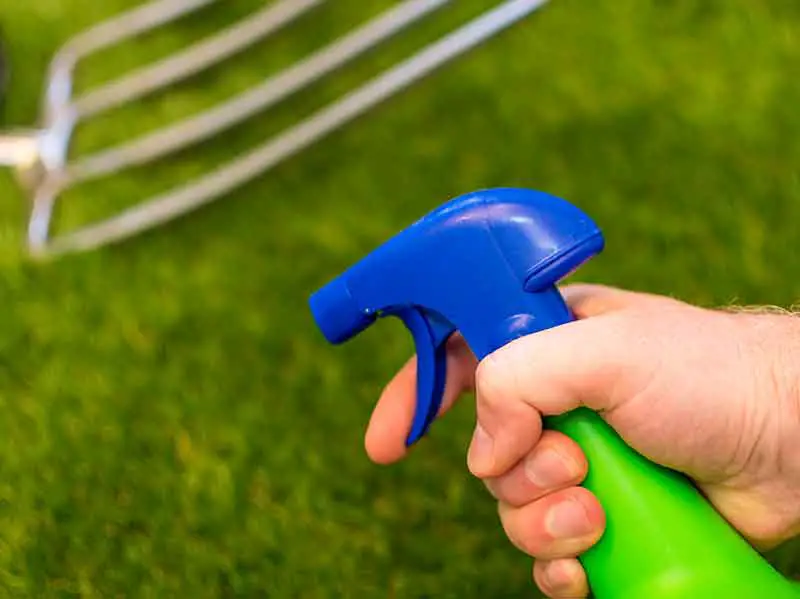
The Effects of Dish Soap on Lawns
Dish soap can be used on lawns as a means of pest control. It can also sometimes be used to slow the spread of fungus or other unwanted diseases and weeds. Whilst dish soap isn’t manufactured with lawns in mind, it serves as a useful and available method of pest removal if you need to act quickly or do not have other options available. Dish soap is affordable, easy to find, and most houses already have a supply.
Dish soap works by stripping away grease and grime from plates when used for its intended purpose. This means that when used in the garden, it can remove essential oils or waxes that help make up the outer part of plants and grasses.
This is great for if you’re trying to kill weeds, but it can also lead to grass drying out if the chemical composition is too harsh for it. Dish soap is, unfortunately, not selective and will dry out anything it comes into contact with in the garden.
It also has similar effects on insects. As a detergent, it dries up insect’s exoskeletons, causing them to separate from their bodies. As mentioned previously, dish soap isn’t discimatory and will do this to any and all insects it comes in contact with when poured onto the grass – pests or not.
Insecticidal Soap vs Dishwashing Detergent
Even though dish soap is the easiest and most readily available option for removing pests from your lawn, it can lead to some damage to your grass that may be difficult to reverse. There are other ways to deter pests from your garden without putting your grass in jeopardy. One of these methods is insecticidal soap, which is a tried and trusted method that has been in development for over a century. This soap is made up of entirely natural fats and oils, as opposed to dish soap, which is made up from a concoction of synthetic chemicals. For that reason, it’s unfair to even refer to dish soap as a soap, as its composition is that of a detergent due to its synthetic nature.
Insecticidal soap is a much gentler approach to removing pests from the lawn, which doesn’t harm the grass around it. It’s created specifically with pests in mind, unlike dish soap, and contains only natural ingredients that won’t strip away the essential oils and waxes found in plants in your garden. Of these two products, insecticidal soap is the superior choice when it comes to removing pests from the lawn, but it will not kill weeds or fungus quite as easily as dish soap.
What is Dish Soap Made Of?
Dish soap isn’t ideal for your garden due to the chemicals that make it up. As discussed previously, the name dish soap is misleading, as it’s technically a detergent due to its chemical makeup. Detergents are qualified by their inclusion of what are known as surfactants, which act as a means of breaking down molecules of oils and fats. These surfactants can be either synthetic or natural, but their purpose remains the same. It’s these surfactants which strip grass of its natural waxes and oils, thus drying it out.
Can You Use Dish Soap on Your Lawn?
Dish soap can be used on your lawn if you’re prepared to risk drying your grass out and potentially damaging it. It is, however, less likely to cause damage if it is diluted a substantial amount and applied as a spot treatment.
Diluting Dish Soap
Using diluted dish soap is less likely to damage your grass. This is because it reduces the potency of its ingredients and weakens the effects. In order to dilute your dish soap, you will need both water and vegetable oil. Fill a spray bottle with water and add a teaspoon of dish soap and a teaspoon of vegetable oil. Make sure the liquid is mixed thoroughly, and begin spraying it on the affected areas of lawn as a spot treatment. Once finished, leave the mixture to sit for a few hours before hosing it down. This is to prevent any grass from drying up and leaving discolored patches.
What Does Dish Soap Kill?
This diluted mixture of dish soap and vegetable oil can be used in several different circumstances where pesticides will also do the job.
If using dish soap on your lawn for any reason, diluted or not, make sure to leave it for an hour or two before hosing it down. This can prevent additional damage to surrounding grass, stopping it from drying out fully and becoming patchy. It will also remove any residue left over that may affect wildlife that may venture into that area of the lawn.
Grubs
Dish soap won’t kill garden grubs in the way that it kills other bugs. Grubs are generally larger and lack an exoskeleton, meaning that the dish soap will have to smother them in order to effectively kill them.
Lawn Fungus
The spread of lawn fungus can be slowed by using a diluted mix of dish soap. The dish soap slows the spread of fungus by doing to it what it does to grass and other things present in your lawn, by drying it out. As a result, it should only be used as a spot treatment – lest you end up with drying, patchy grass.
Weeds
Killing weeds is one of the main reasons people opt for using dish soap solutions on their lawns. Weeds can be effectively killed by dish soap as it dries them out, strips them of their natural oils and waxes, and kills them. This, however, happens to everything else that the dish soap may come in contact with in the garden, so it’s best to use as a spot treatment.
Insects
Insects, particularly those with an exoskeleton, are easily dried out by dish washing solution. As mentioned earlier, however, dish soap doesn’t discriminate and in the process of killing a couple of invasive bugs, you could also be killing helpful pollinators.
Final Thoughts
Dish soap can effectively kill pests, fungus and weeds that may all find their home in your grass. But, used irresponsibly, can also kill the grass itself. Luckily, there are ways these unwanted side effects can be negated, by diluting the dish soap, using it as a spot treatment, or using a different kind of soap that is made specifically for removing pests from the garden.

